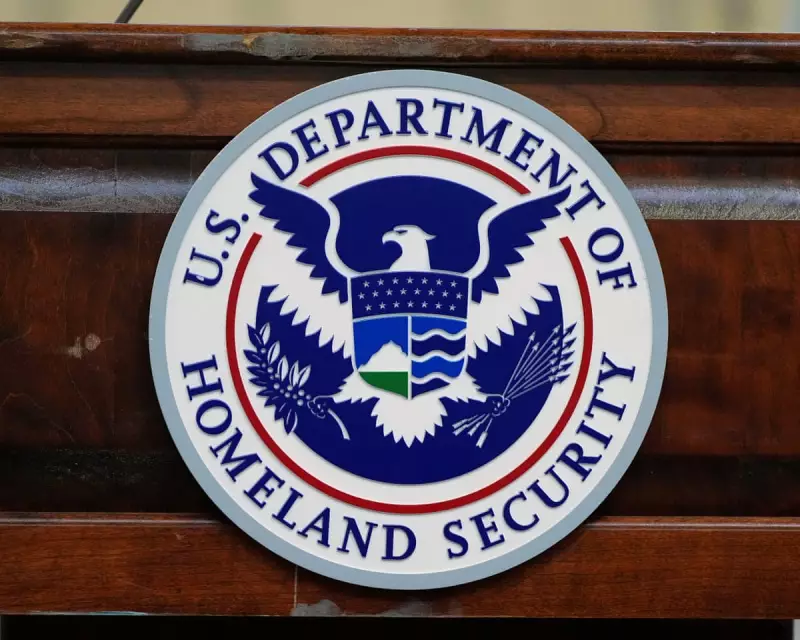
The administration of former US President Donald Trump is facing a storm of criticism over proposed budgetary measures that would severely curtail federal programmes designed to combat human trafficking. The planned cuts, if enacted, would dismantle crucial support systems for victims and hinder law enforcement efforts against modern slavery.
Gutting Key Protections
Internal documents reveal a concerted effort to strip funding from the Office of Trafficking in Persons, a cornerstone of the US government's anti-slavery efforts. This move would effectively cripple the national human trafficking hotline, a vital lifeline that received over 175,000 signals last year alone, connecting victims with emergency services and support.
Charities Sound the Alarm
Leading anti-trafficking organisations on both sides of the Atlantic have reacted with horror. "This isn't fiscal responsibility; it's a moral abdication," stated a director of a UK-based charity working with cross-border trafficking victims. "These programmes save lives. Defunding them would be a gift to traffickers and a catastrophe for the vulnerable."
A Pattern of Policy
Analysts note this proposal aligns with Trump's previous budgetary attempts during his first term, which Congress ultimately blocked. The strategy appears to prioritise funding for border wall construction and immigration enforcement, often at the direct expense of victim-centred programmes. Critics argue this approach mistakenly frames human trafficking solely as an immigration issue, ignoring domestic victims and complex criminal networks.
Global Repercussions
The implications extend far beyond US borders. The UK and European partners rely on close cooperation with US agencies to disrupt international trafficking rings. Weakening the American response capability, experts warn, would create dangerous gaps in global security networks, making it harder to track perpetrators and protect victims worldwide.
The proposal sets the stage for a fierce political battle, pitting the administration's austerity goals against bipartisan commitments to fight what is often described as a scourge of modern society.






